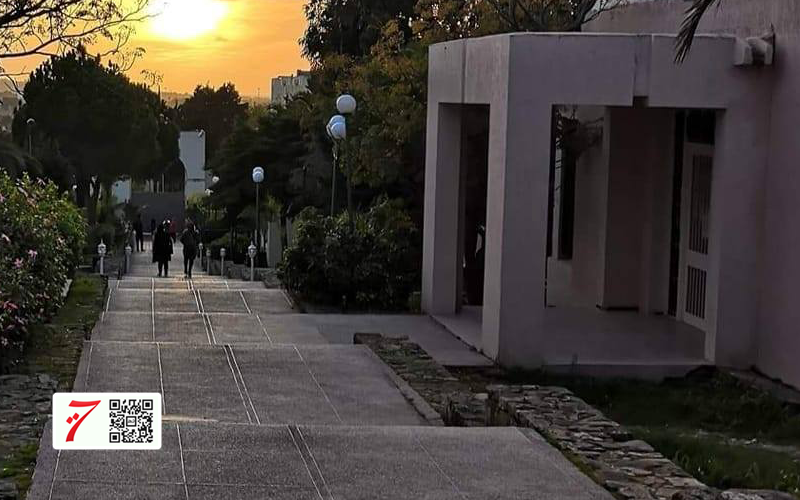The Moroccan Minister of Higher Education, Scientific Research, and Innovation announced the launch of a call for expressions of interest ten days ago, aimed at developing and managing 23 university campuses covering a total area of 127 hectares. This initiative is part of a new model focusing on more effective construction and management of university neighborhoods.
This announcement comes amid efforts to improve housing conditions for students, with several new facilities being opened and thousands of beds added, alongside a reevaluation of current monitoring and management mechanisms.
According to the official announcement, the new model seeks to strengthen partnerships with the private sector to ensure sustainability and efficiency in managing these neighborhoods. The minister emphasized that “the new management will be entirely different, through a strategic partnership with the private sector to achieve sustainable development goals in university housing.”
The minister added that this approach will encompass both existing and future universities, focusing on improving services and facilities to encourage academic achievement.
In immediate efforts, the ministry announced the opening of a number of university neighborhoods where construction has recently been completed, including the inauguration of the “Dar Al-Bahith” in Rabat, which provides integrated housing and study spaces for researchers and graduate students. The “Tilala” neighborhood in Agadir has also been opened as part of the national project to expand university housing. These openings will add 4,000 new beds, significantly enhancing the capacity of university neighborhoods, especially in high student-density areas.
However, this announcement comes at a time when the sector faces significant challenges. A parliamentary exploratory committee conducted field visits in cities such as Tangier, Fez, and Agadir, revealing poor conditions in many university neighborhoods. According to the deputies’ report, these neighborhoods lack incentives for academic achievement due to inadequate maintenance, poor basic services, and ineffective management.
“The current situation does not encourage students to focus on their study, but rather creates frustration,” stated one of the deputies involved in the mission. In response to these criticisms, the minister announced plans to reconsider the mechanism of the “Social and Cultural Affairs Office,” which is expected to be transformed into an independent monitoring body to ensure transparency and efficiency. He affirmed that “entire generations of university neighborhoods require immediate intervention, and the responsibility is collective, involving all relevant parties, not limited to one entity.”
He added that partnering with the private sector will help address these issues through modern investments and professional management.
Source
















